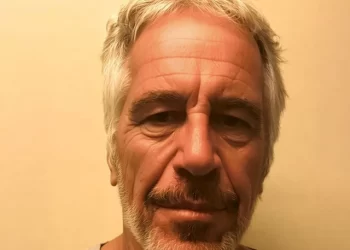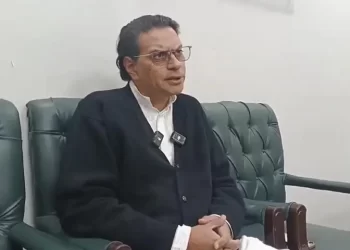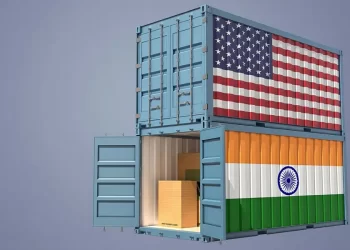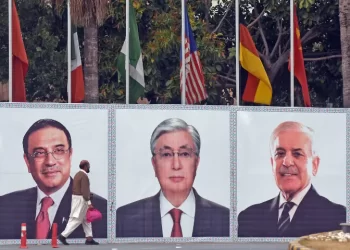A year ago, RSF forces are accused of massacring Masalit people in Darfur. Survivors are scarred and relearning to walk.
Aboutengue, Chad – In June 2023, Sudan’s Rapid Support Forces (RSF) stormed into Yahiya Adam’s home and shot his brother and father dead.
They sprayed him with bullets and tossed his body out on the road in el-Geneina, West Darfur’s capital.
Adam, 27, was semi-conscious and bleeding from the back of his neck, shoulder and arms. He lay on the ground as the blood draining from his body mixed with the hot sand.
His eyes fixed on the doorway of his home, where he saw RSF fighters take turns raping his three sisters.
He heard them cry for help, but could not do anything to save them.
“They were all raped … and I could see it happening with my own eyes. I really saw it happen. I saw it all,” Adam said, his voice trailing off.
“There were about 20 RSF fighters in my home,” he told media.
Hundreds of thousands of civilians from the Masalit farming tribe (often referred to as non-Arabs) saw their families murdered and their community expelled to eastern Chad about a year ago.
Hours later, footage circling on social media showed an RSF truck driving over his corpse, while women threw rocks at his battered body.
RSF fighters then reportedly began raiding and burning homes, terrifying Masalit families into fleeing across the porous border several kilometres away into Chad. Somewhere between 10,000 and 15,000 people were killed in el-Geniena alone, according to a report by a UN panel of experts.
The RSF has denied perpetrating the violence, claiming that it had tried to protect the governor and that the high death toll was the result of a decades-old “tribal conflict” it blames the army for.
“Despite our efforts to protect the governor, the outlaws launched a large-scale raid … resulting in his abduction and tragic assassination, devoid of any humanity,” the RSF said on X, formerly Twitter.
Exodus
But survivors told media that the RSF ambushed and killed their friends and loved ones as they tried to escape, while they limped and staggered over the border after being shot in the back, legs or arms.
Those who survived the violence still cope with the mental and physical scars from that terrifying day.
“They left me there to die,” he said. “I had blood everywhere on my body.”
Adam somehow woke up in a nearby clinic run by Doctors Without Borders, known by its French initials, MSF.
He does not know who brought him there but was happy to discover that his mother and sisters were still alive.
They had fled to an internal displacement camp to seek safety, then headed for Chad after the roads were clear.
“Friends saw me in the hospital and they told my sisters and mother [when they arrived in Chad] where I was,” he said.
“I was so happy when I saw them. I thought I had lost them all.”
When the governor of West Darfur was killed, Ahmad Ababakr Bakhit hid at home with his older sister.
RSF fighters stormed in and shot him in his right leg and stabbed him in the stomach with a stick.
His older sister acted quickly to save his life, wrapping clothes tightly around his wounds to stop the bleeding and then getting him to a doctor who cleaned his wounds and amputated his leg.
“The doctor didn’t have all the tools. He just had some [to do the amputation],” Bakhit, 27, told media.
“The doctor went above and beyond to save me.”









